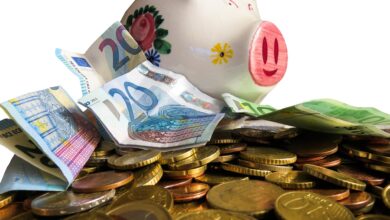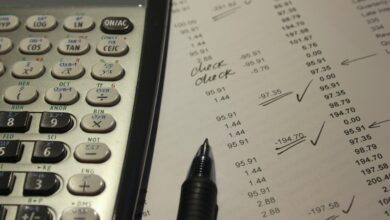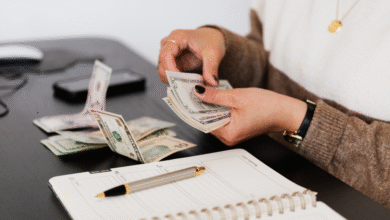13 Signs You Are Bad With Money (And How to Fix It)
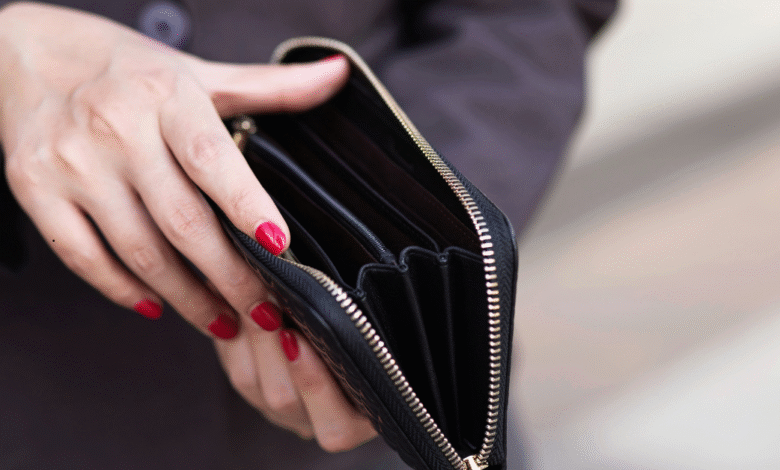
Let’s be real for a second. Have you ever checked your bank account a week before payday and felt that sinking feeling in your stomach?
You know, that moment when you realize you have no idea where all your money went? Yeah, I’ve been there too, and it’s not fun.
If you’re constantly broke, stressed about bills, or wondering why everyone else seems to have their financial life together while you’re drowning, you might be showing some classic signs you are bad with money.
But here’s the good news: recognizing these signs is actually the first step toward turning things around.
I’m going to walk you through the most common red flags that scream “financial trouble ahead.” And trust me, I’m not here to judge. I’ve made plenty of these mistakes myself. Think of this as a friendly reality check from someone who gets it.
What Does It Mean To Be Bad With Money?
Before we jump into the signs, let’s clear something up. Being bad with money doesn’t mean you’re a bad person or that you’re stupid. Not even close.
It simply means you’ve developed some habits that aren’t doing your wallet any favors. Maybe you spend without thinking, ignore your bills until they’re overdue, or treat your credit card like free money. These behaviors create a cycle that keeps you stuck in financial stress.
The consequences? You might struggle to save anything, rack up debt faster than you can pay it off, and constantly feel anxious about money. Your quality of life takes a hit because you’re always scrambling to make ends meet.
But here’s the thing: habits can be changed. Once you identify what’s going wrong, you can start fixing it. So let’s dig into those warning signs.
How To Know If You’re Terrible With Money: Top 13 Signs
A lot of people wonder why they can’t seem to get ahead financially. They work hard, they make decent money, but somehow they’re always broke. The problem? They haven’t identified the specific behaviors sabotaging their finances.
Let me break down the biggest signs you are bad with money. If you see yourself in these descriptions, don’t panic. Awareness is power, and you’re already on the right track just by reading this.
1. You’re Constantly Worried About Money

Ever lose sleep thinking about your finances? I’m not talking about the occasional “oh crap, I forgot to pay the electric bill” moment. I mean the constant, gnawing anxiety that keeps you up at night even when there’s no immediate crisis.
This kind of worry is exhausting. It affects your concentration at work, your relationships, and your overall mental health. You might feel a sense of dread every time you think about checking your bank balance.
Here’s what this usually means: you’re either living beyond your means or you’re trapped in debt. Sometimes it points to deeper issues, like a scarcity mindset where you genuinely believe you’ll never have enough money no matter what you do.
A little financial concern is normal and even healthy. It keeps you motivated. But if money worries are dominating your thoughts and affecting your quality of life, that’s a major red flag. It’s time to take a hard look at your spending habits and financial situation.
2. You Always Make Impulse Purchases

Okay, confession time. I used to be the queen of impulse buying. Scrolling through Instagram at 2 AM? Suddenly I “needed” that gadget I’d never heard of five minutes earlier. Strolling through Target for toothpaste? Somehow I’d leave with $150 worth of stuff I didn’t plan to buy.
Sound familiar? Impulse purchases are one of the most common signs you are bad with money. You see something shiny, you want it, you buy it. No thought about whether you can actually afford it or if you’ll even use it next week.
For me, impulse buying was about instant gratification and stress relief. Feeling anxious? Buy something. Feeling bored? Buy something. The problem is that the good feeling lasts about five minutes, and then you’re left with buyer’s remorse and a tighter budget.
I finally broke this habit by implementing a 24-hour rule. If I wanted something that wasn’t essential, I had to wait a full day before buying it. You’d be amazed how many things you suddenly don’t “need” after sleeping on it. This one change saved me thousands of dollars and helped me build actual financial stability.
3. You Equate Money With Happiness
Here’s a tough pill to swallow: more money won’t automatically make you happier. I know, I know. It sounds like something a rich person would say, right? But research actually backs this up.
There’s this concept called the Easterlin Paradox, named after economist Richard Easterlin. He found that while richer people within a country tend to be happier than poorer people, wealthier countries aren’t necessarily happier than less wealthy ones. Once your basic needs are met, additional money has diminishing returns on happiness.
If you’re constantly chasing the next paycheck, the next promotion, or the next windfall thinking it’ll finally make you happy, you’re setting yourself up for disappointment. Money provides security and comfort, sure. But it’s not a magic happiness pill.
This mindset is dangerous because it keeps you on a hamster wheel. You’ll never have “enough” because the goalpost keeps moving. Instead of finding contentment in what you have, you’re always looking ahead to the next thing.
4. You Avoid Talking About Your Finances
Do you get super uncomfortable when money comes up in conversation? Do you hide purchases from your partner or avoid telling your family about your debt?
Financial secrecy is a huge red flag. Maybe you’re embarrassed about your spending habits. Maybe you’re scared of being judged or criticized. Or maybe you just don’t want to deal with the confrontation that might happen if people knew the truth.
I get it. Talking about money is awkward and sometimes painful. But hiding your financial situation only makes things worse. If you’re in a relationship, financial dishonesty can seriously damage trust. And if you’re keeping secrets from yourself (like avoiding looking at your credit card statements), you’re preventing yourself from making necessary changes.
Healthy financial relationships require transparency. You don’t need to broadcast your bank balance to the world, but you should be honest with the people who matter and, most importantly, with yourself.
5. You Don’t Have An Emergency Fund
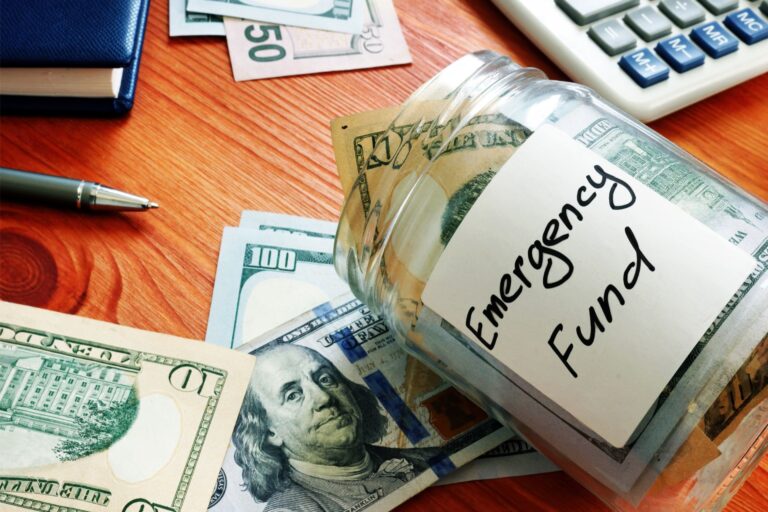
Let me ask you something: if your car broke down tomorrow and needed a $1,000 repair, could you cover it without going into debt? If the answer is no, you’re missing one of the most critical components of financial health.
An emergency fund is your financial safety net. It’s what keeps you from spiraling into debt when life inevitably throws you a curveball. And trust me, life will throw you curveballs. Medical emergencies, job loss, home repairs, unexpected travel for a family emergency – these things happen to everyone.
Without an emergency fund, you’re forced to rely on credit cards or high-interest loans when these situations arise. This creates a vicious cycle where you’re constantly playing catch-up, paying off debt from the last emergency while the next one is right around the corner.
Financial experts typically recommend having three to six months of expenses saved up. If that sounds impossible right now, start smaller. Even $500 or $1,000 can make a huge difference. The point is to start building that cushion so you’re not living on the edge of financial disaster.
6. You Constantly Pay Overdraft Fees And Late Fees
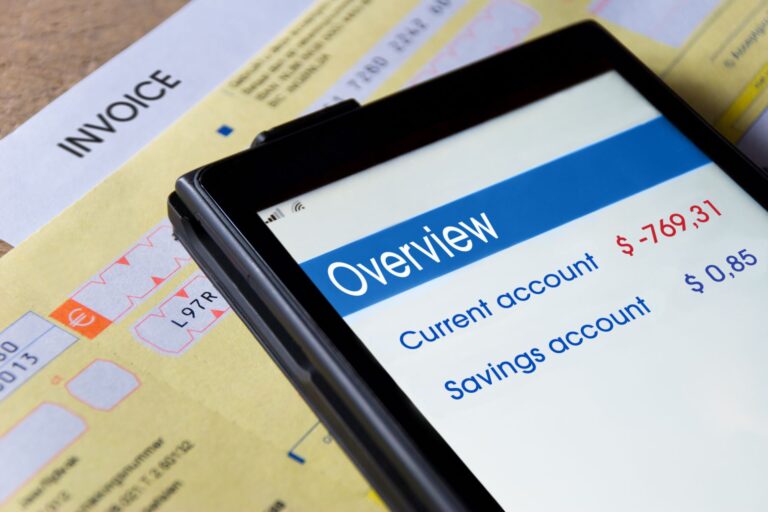
Want to know one of the fastest ways to waste money? Paying fees that are completely avoidable. Overdraft fees, late payment fees, returned check fees – these add up faster than you think.
If you’re regularly paying these fees, it’s a clear sign you are bad with money. Here’s why: overdraft fees happen when you spend more than you have in your account. That means you’re not tracking your spending or you’re living beyond your means (probably both).
Late fees happen when you miss payment deadlines. This suggests disorganization, avoidance, or simply not having enough money to cover your obligations. Either way, it’s a problem.
These fees are particularly insidious because they make your financial situation even worse. Instead of using that $35 overdraft fee toward paying down debt or building savings, you’re just handing it to the bank. Over a year, these fees can easily add up to hundreds or even thousands of dollars.
The fix? Set up automatic payments for bills, use budgeting apps to track your spending in real-time, and stop spending money you don’t have. It sounds simple, but it requires discipline and attention.
7. You Don’t Pay More Than The Minimum On Your Credit Card Debt
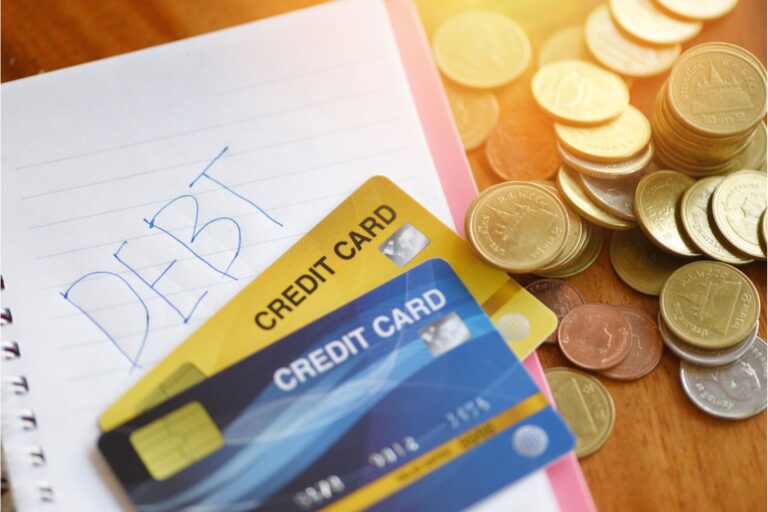
If you’re only making minimum payments on your credit cards, you’re basically treading water while slowly drowning. Let me explain why this is such a bad idea.
When you make only the minimum payment, you’re mostly paying interest. Very little actually goes toward reducing what you owe. This means your debt sticks around for years, and you end up paying way more than you originally charged.
Let’s say you have a $5,000 balance on a card with 18% interest. If you only make minimum payments of about $100, it’ll take you over 7 years to pay it off, and you’ll pay nearly $3,500 in interest alone. That’s insane!
The longer you stay in this cycle, the harder it becomes to break free. Your credit score suffers, making it harder to get loans with decent interest rates. You’re stuck paying for purchases you made years ago, and you can’t move forward financially.
Even if you can only afford an extra $20 or $50 above the minimum, do it. Every additional dollar you pay goes directly toward the principal, helping you get out of debt faster and saving you money on interest.
8. You Take Shortcuts With Your Money
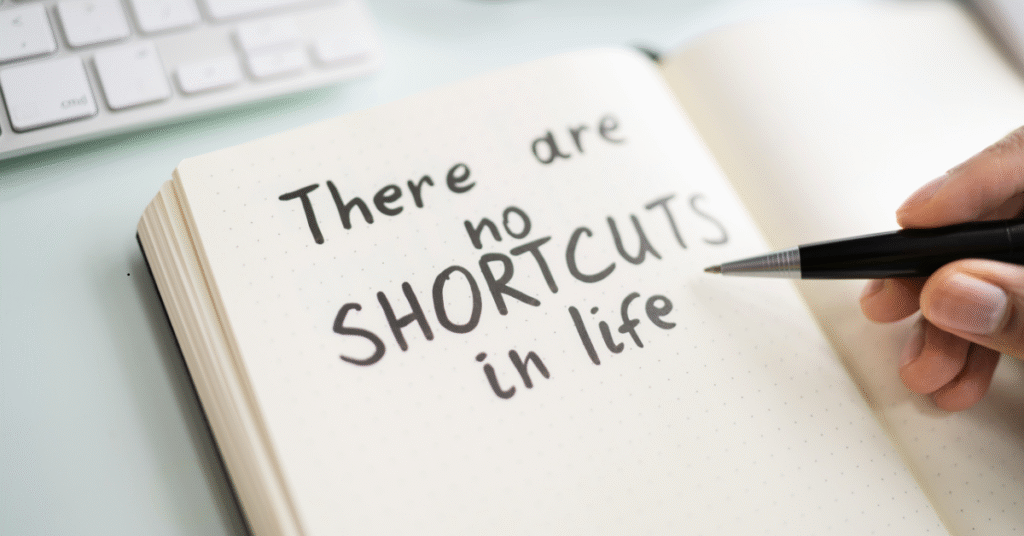
We’ve all been tempted by the promise of quick fixes and easy money. Get-rich-quick schemes, balance transfer credit cards with 0% APR, payday loans – they all promise a fast solution to your money problems.
But here’s the truth: there are no shortcuts to financial freedom. Those “solutions” usually just kick the can down the road or make your situation worse.
Take balance transfers, for example. Moving your credit card debt to a new card with 0% interest might seem smart, but if you’re not addressing the underlying spending problem, you’ll just rack up more debt. When that promotional period ends, you’re back where you started (or worse).
I’ve seen people chase one balance transfer after another, thinking they’re being clever. But they never actually pay down the debt. They’re just moving it around while their financial situation deteriorates.
Real financial progress comes from the fundamentals: spending less than you earn, paying off debt systematically, building an emergency fund, and investing for the future. It’s not sexy or exciting, but it works. Shortcuts, on the other hand, usually lead to dead ends.
9. You Don’t Budget Your Income
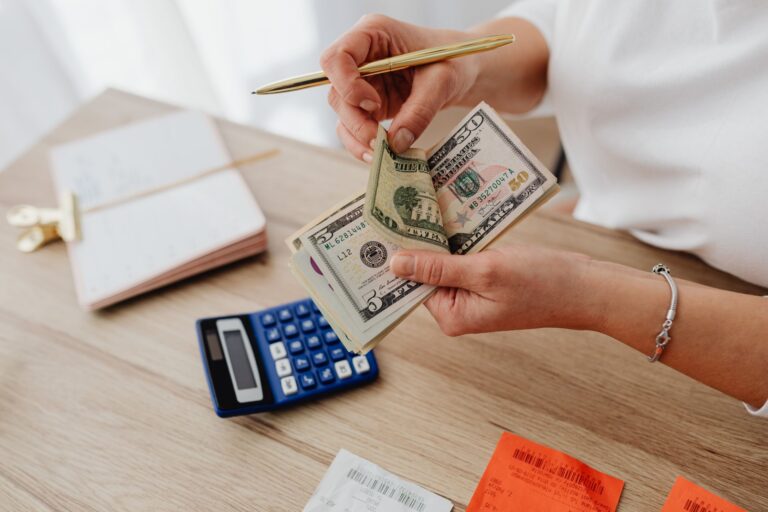
Be honest: when was the last time you created a budget? If you’re scratching your head trying to remember, that’s a problem.
A budget is basically a plan for your money. It tells you where your income is going and helps you make sure you’re covering the important stuff before you blow it all on takeout and impulse purchases. Without a budget, you’re flying blind.
When you don’t budget, several things happen. You overspend without realizing it. You forget about irregular expenses like car insurance or holiday gifts. You have no idea if you’re making progress toward your financial goals. And you definitely can’t save money consistently.
I know budgeting sounds boring and restrictive. Trust me, I resisted it for years. But once I finally committed to tracking my income and expenses, everything changed. Suddenly I could see exactly where my money was going, and I could make intentional decisions instead of just reacting to whatever crisis popped up.
You don’t need a complicated system. Start simple with the 50/30/20 rule: 50% of your income for needs, 30% for wants, and 20% for savings and debt repayment. Adjust as needed for your situation. The point is to have a plan and stick to it.
10. You Ignore Your Financial Reality
Do you avoid checking your bank balance? Do you let bills pile up unopened? Do you ignore calls from creditors? If you’re nodding yes, you’re engaging in financial avoidance, and it’s one of the clearest signs you are bad with money.
I totally get why people do this. Looking at your finances when they’re a mess is painful. It triggers anxiety, shame, and fear. So you avoid it, hoping the problem will somehow solve itself or just go away.
Spoiler alert: it won’t. Ignoring your financial reality only makes things worse. Bills don’t disappear because you didn’t open them. Debt doesn’t vanish because you stopped checking your balance. In fact, avoiding the problem usually leads to late fees, damaged credit, and even more stress.
Facing your financial situation head-on is scary, but it’s also empowering. Once you know exactly where you stand – your income, expenses, debts, and savings – you can make a plan to improve things. Knowledge really is power when it comes to money.
Start small if you need to. Check your bank balance once a day. Open one bill. Look at one credit card statement. Build up your tolerance for dealing with your finances. The more you face reality, the less scary it becomes.
11. You’re Constantly Comparing Your Financial Situation To Others
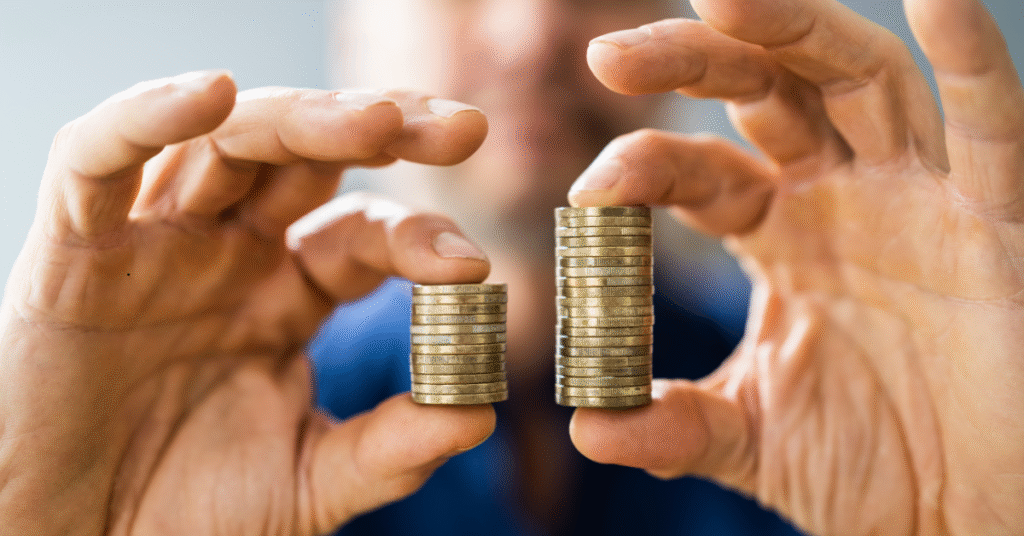
Social media has turned comparison into a full-time sport, and money is one of the main playing fields. Your friend posts vacation photos from Bali. Your coworker shows off their new car. Your cousin shares pictures of their gorgeous new house. And suddenly you feel like a financial failure.
Here’s what I learned the hard way: comparison is a trap. Everyone’s financial situation is different, and social media shows you a highlight reel, not reality. That friend in Bali? Might be drowning in credit card debt.
The coworker with the new car? Could be making payments they can barely afford. The cousin with the house? Might be house-poor with no savings.
When you constantly compare yourself to others, you lose focus on your own goals and progress. Instead of celebrating the fact that you paid off $500 of debt this month, you’re beating yourself up because someone else seems to have more.
Your financial journey is uniquely yours. Your income, expenses, goals, and circumstances are different from everyone else’s. The only comparison that matters is between where you are now and where you were last month or last year. Are you making progress? That’s what counts.
12. Money Controls Your Emotions
Does your mood swing wildly based on your bank balance? Are you happy when you have money and depressed when you don’t? Does your entire sense of self-worth depend on your financial situation?
If money has this much power over your emotional state, you’ve got an unhealthy relationship with it. Yes, money is important. We all need it to survive and thrive. But it shouldn’t be the sole determinant of your happiness or self-esteem.
This emotional dependence on money creates a rollercoaster. You feel great after payday, terrible a week later when the money’s gone. You feel successful when you can afford something nice, like a failure when you can’t. It’s exhausting and unsustainable.
Building a healthier relationship with money means finding sources of happiness, contentment, and self-worth outside your financial situation. Your value as a person isn’t determined by your net worth. Your ability to enjoy life shouldn’t completely depend on your bank balance.
This doesn’t mean you shouldn’t care about money or work to improve your finances. It just means you need balance and perspective. Money is a tool, not a measure of your worth.
13. You’re Not Planning For The Future
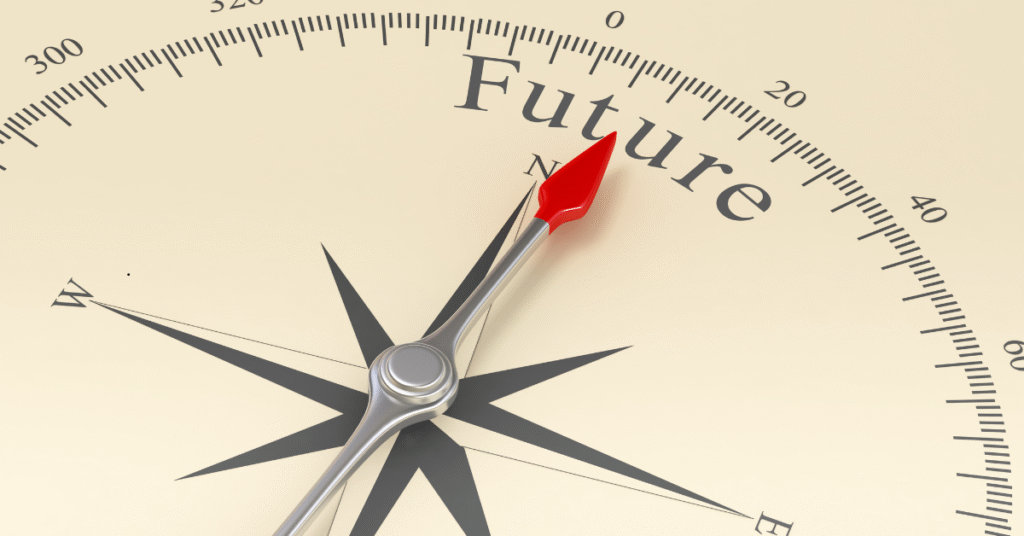
Living paycheck to paycheck with no thought for the future is a recipe for disaster. If you have no financial goals, no retirement savings, and no plan beyond getting through this month, you’re setting yourself up for serious problems down the road.
Planning for the future isn’t just about retirement (though that’s important). It’s about building financial security for yourself and your family. It’s about investing in your education and skills. It’s about creating options and opportunities instead of always being backed into a corner.
I know it’s tempting to ignore the future when the present is overwhelming. Why worry about retirement when you can barely pay this month’s rent? But here’s the thing: time passes whether you plan for it or not. You will get older. You will eventually want or need to retire. And if you haven’t prepared, those years will be incredibly difficult.
Start small if you need to. Even contributing $25 a month to a retirement account is better than nothing. Set one financial goal for the next year. Begin thinking beyond next week’s paycheck. The sooner you start planning and preparing, the more secure your future will be.
Final Thoughts
Look, recognizing these signs you are bad with money isn’t about beating yourself up. It’s about getting real with yourself so you can make changes that actually matter.
I’ve made most of these mistakes myself. I’ve ignored bills, made impulse purchases, compared myself to others, and avoided looking at my bank account. And you know what? I survived, learned, and got better at managing money. You can too.
The key is to start somewhere. You don’t have to fix everything at once. Pick one thing from this list that resonates with you and work on it. Maybe you’ll start tracking your spending this week. Maybe you’ll set up automatic bill payments. Maybe you’ll finally create that emergency fund you’ve been putting off.
Small steps lead to big changes over time. Create a budget, even if it’s simple. Track where your money goes. Set realistic goals that matter to you, not goals based on what everyone else is doing. And be patient with yourself because changing money habits takes time.
Consider using apps like Mint, YNAB (You Need A Budget), or Personal Capital to help you stay on track. These tools make it easier to see your full financial picture and stick to your budget.
Remember: your financial situation doesn’t define you, but your willingness to improve it says a lot about your character. You’ve already taken the first step by reading this and recognizing where you might be going wrong. That’s huge! Now keep that momentum going and start making the changes that will transform your relationship with money for good.
You’ve got this. 🙂


